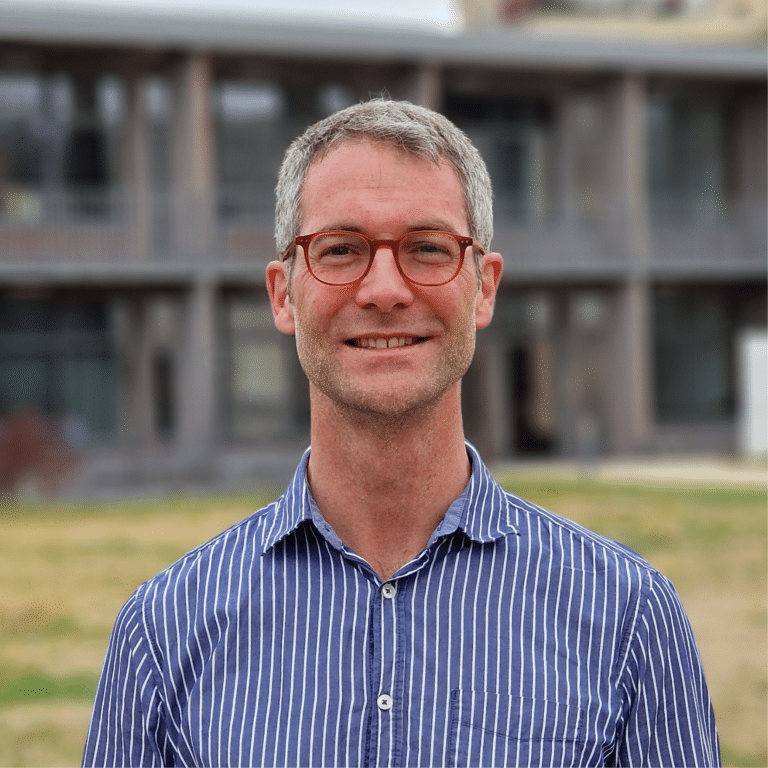
Armand Mboutchouang Kountchou
Research project
COVID-19 Pandemic and Educational Opportunity Inequalities in Cameroon
Summary of research project
Armand Mboutchouang Kountchou’s research project at Iméra, the Institute for Advanced Study of Aix-Marseille University, represents a significant contribution to understanding how the COVID-19 pandemic has affected educational opportunity inequalities in Cameroon.
The Quest for Opportunities: Diving into Educational Inequalities
As the COVID-19 pandemic swept across the world, Cameroon was not spared from the unprecedented challenges it brought. In this context, it is crucial to assess its impact on various aspects of society, especially education. Armand Mboutchouang Kountchou will lead a research project at Iméra with the aim of analyzing the effects of the COVID-19 pandemic on educational opportunity inequalities in Cameroon.
Shining Light on Statistical Sources
The heart of this research project beats to the rhythm of data collected by the recent Cameroonian Panel Survey for the Evaluation of the Socio-Economic Impact of Coronavirus (COVID-19) on Living Conditions, conducted by the National Institute of Statistics. These valuable secondary data will enable researchers to evaluate the vulnerability of households to the COVID-19 pandemic in Cameroon through two time waves: in 2020 (wave 1) and one year later in the follow-up survey in 2021 (wave 2).
The sample includes 1,310 households, scattered across all ten administrative regions of the country, encompassing both urban and rural areas. By observing the data at two distinct points in time, researchers will have the opportunity to understand the evolution of household circumstances and educational opportunities as the pandemic unfolded and left its mark.
Unveiling Inequalities: When Circumstances and Efforts Intertwine
The methodological challenge of this research project lies in the analysis, both parametric and non-parametric, of educational opportunity inequalities, with a focus on the Shapley decomposition based on two sources: circumstances and efforts.
The Shapley decomposition provides a comprehensive understanding of the factors contributing to educational opportunity inequalities. By distinguishing circumstances from individual efforts, researchers can disentangle the impact of socio-economic characteristics (circumstances) from merits and personal initiatives. This analysis will shed light on how certain social groups may have been more severely affected by the pandemic, leading to disparities in access to educational opportunities.
Biography
Mboutchouang Kountchou Armand holds a Ph.D. in Economics obtained in 2018 from the University of Dschang, Cameroon. Since 2020, he has been working as a teacher-researcher at the Faculty of Economics and Management of the same university. In 2022, he was promoted to the positions of Course Lecturer and Assistant Professor CAMES. His research work in public economics and applied microeconomics focuses, among other topics, on decentralization, human capital development, and inequalities.
Armand has published scientific articles in journals such as La Revue d’Economie Régionale, Environment and Development Economics, Economics Bulletin, and les Cahiers du CEDIMES. He has conducted several research projects, studies, and consultations with national and international institutions, including the National Institute of Statistics in Cameroon, the French Development Agency (AFD), the Agence Universitaire de la Francophonie (AUF), the Global Development Network (GDN), the International Development Research Centre (CRDI), and the Partnership for Economic Policy (PEP).



